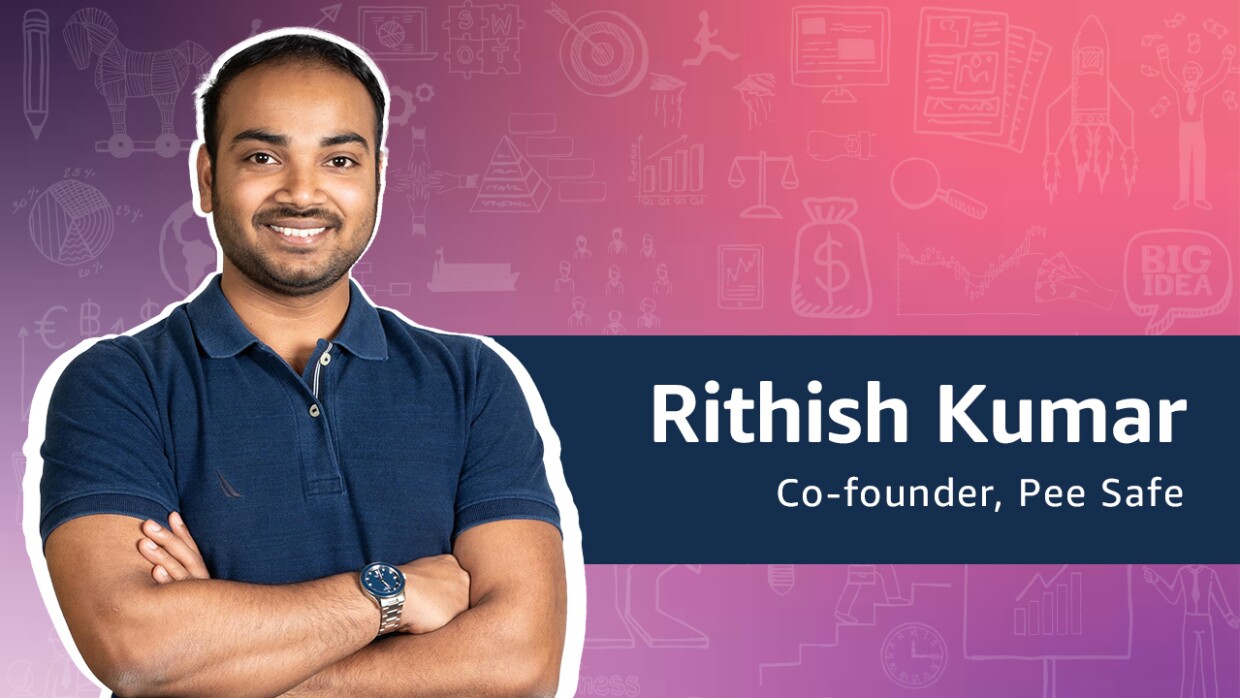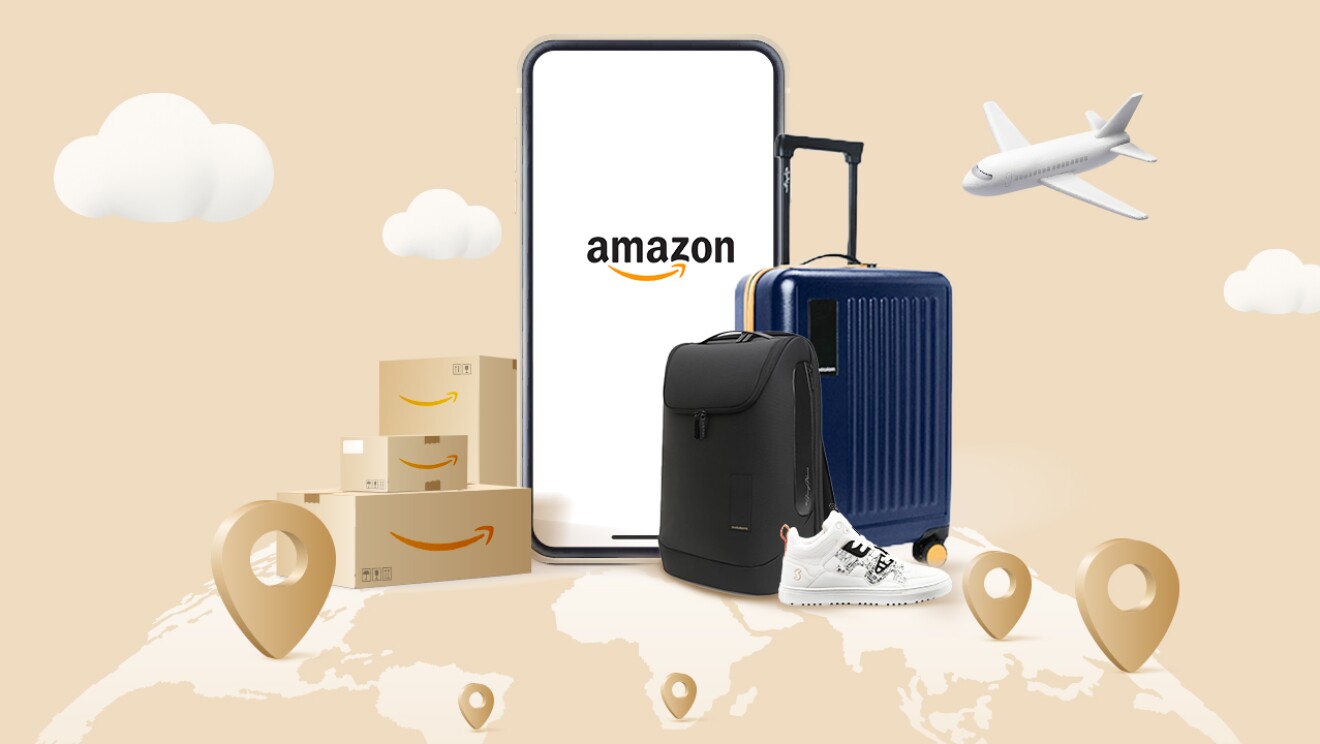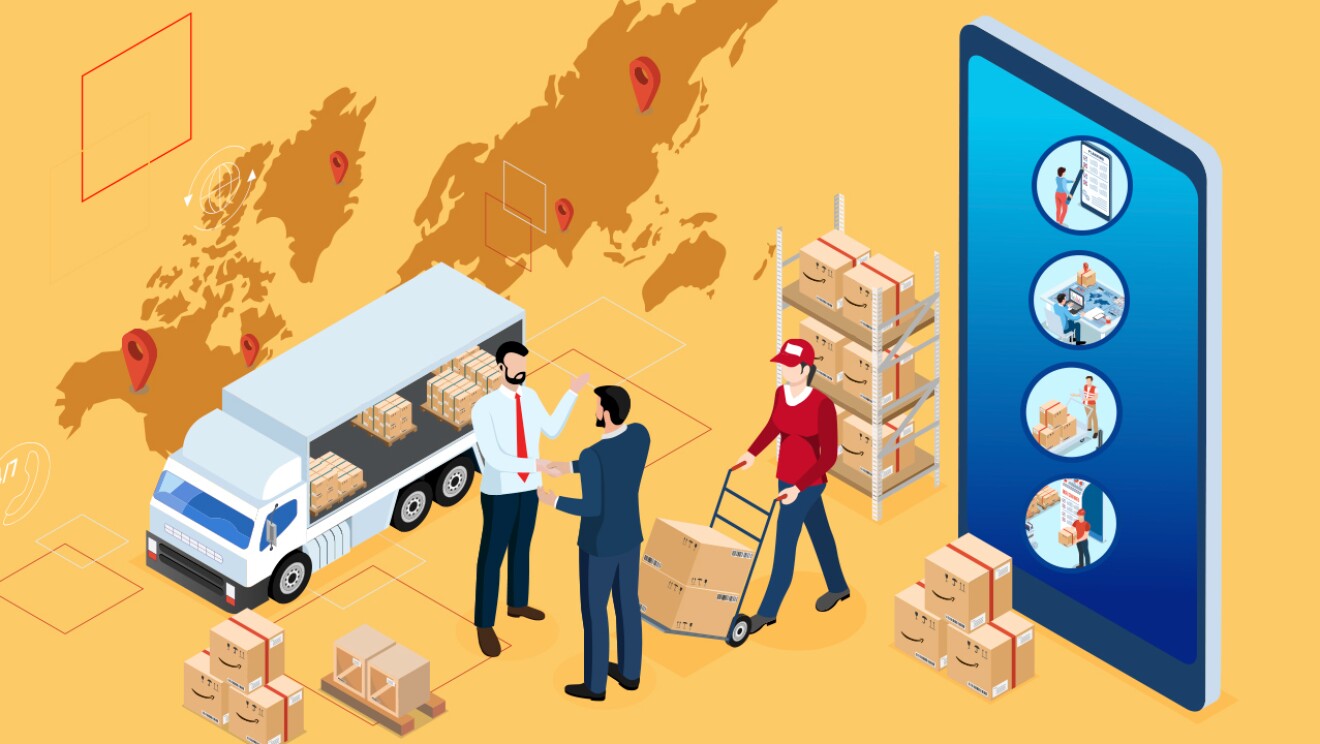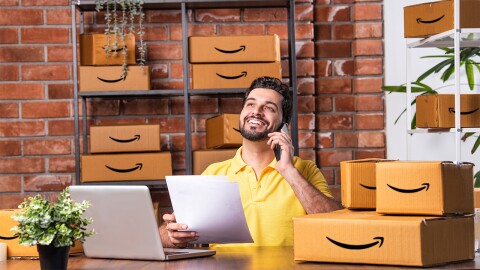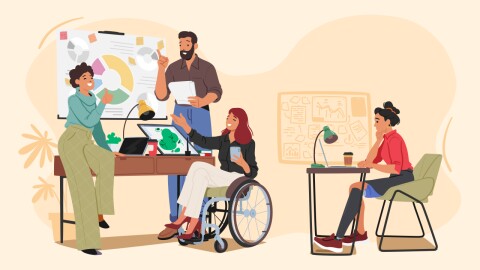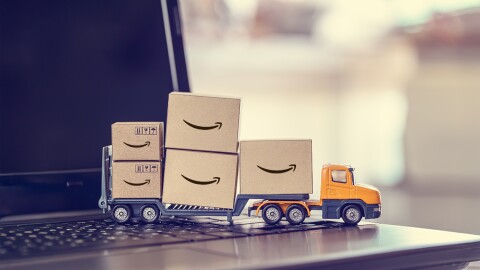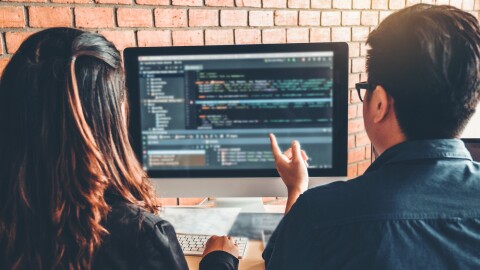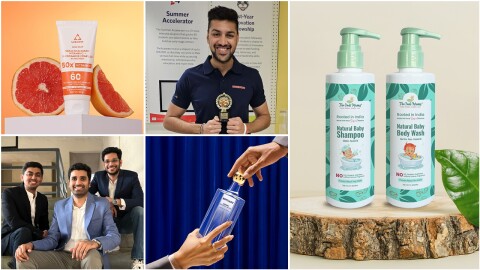“Any product, if done well, can become large enough for you to sustain the business.” That’s the word coming in from Pee Safe co-founder Rithish Kumar, who knows a thing or two about scaling D2C brands from scratch: Pee Safe has sold to more than 2 million customers on Amazon India since it first became a seller on the marketplace in 2017. Having launched with just 1 product—a toilet seat sanitiser spray—the brand now has 35 products across 5 categories—toilet hygiene, period care, grooming, sexual wellness, and intimate care for men and women. Their first product continues to be their bestseller across channels: 150,000+ toilet sanitiser cans are sold globally every month.
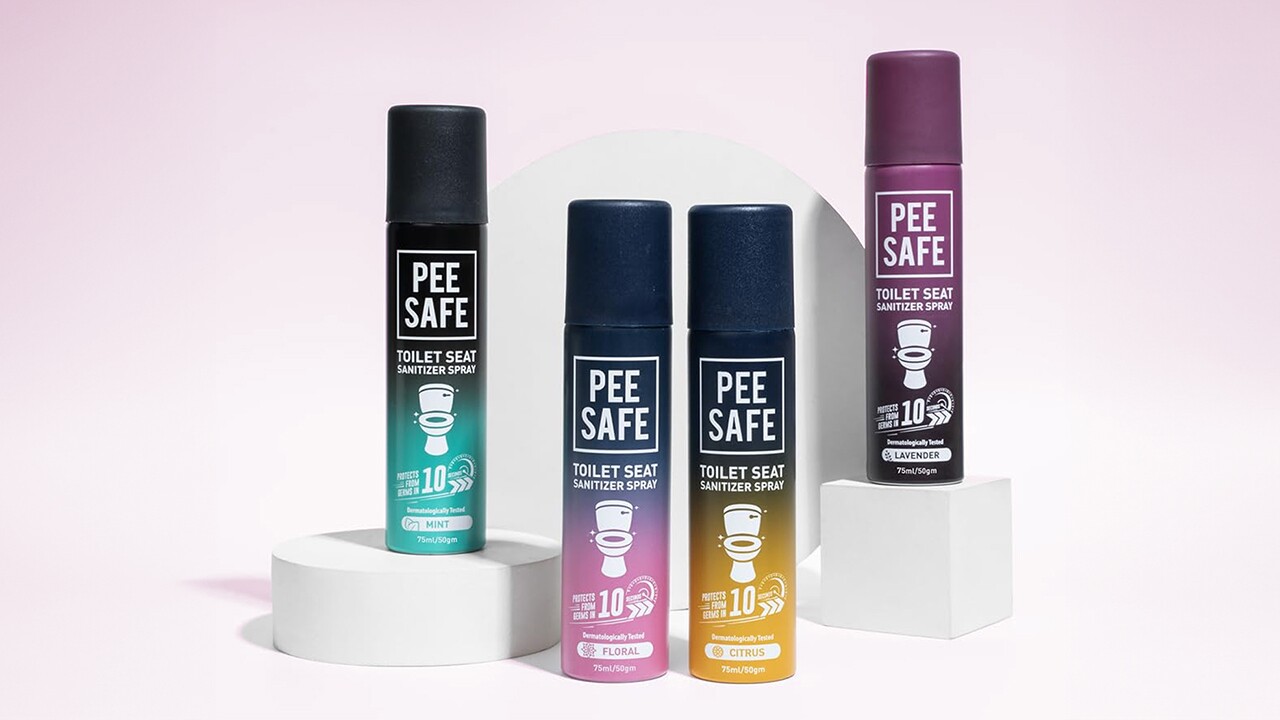
Pee Safe is also “No. 1 on Amazon in India for panty liners," says Kumar. "We're ahead of many of the legacy brands in this industry. We spent time understanding what consumers were looking for—there was an underserved market for thick, long liners, and we made that product. It took us 5 years to beat all the biggies, but now we're proudly selling almost 2 million liners every month,” he says.
We got Kumar to talk more about Pee Safe’s journey, their association with Amazon to serve customers across India and the world and share insights for startups that aim to scale globally. Edited excerpts
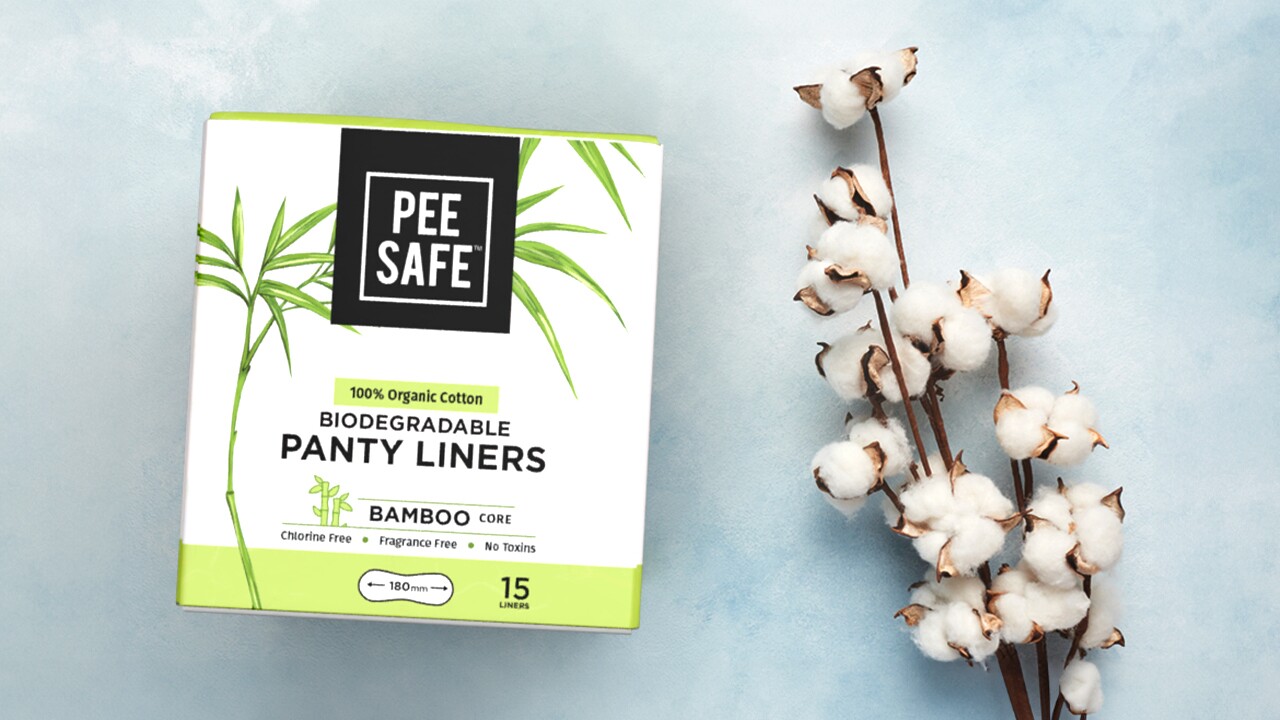
Getting started on India’s most trusted online shopping destination
When we launched Pee Safe, we knew we wanted to be an omnichannel from day one; so we set up our e-commerce seller accounts. At first, our demand generation platforms were the Metas and the Googles of the world from where we would divert traffic to our website. While doing that, we saw that our Amazon orders were actually going up.
For every customer that shopped from our website, 3 customers would make a purchase on Amazon.in.
When we dug deeper, we found that Amazon is a trustworthy marketplace for them. This was back in 2017 when e-commerce was still at a nascent stage. Many other sites didn’t even have the option of saving customer preferences when it came to payment and shipping. Amazon offered them these conveniences along with various other benefits that retained customers on the marketplace. Back then Amazon was the only marketplace that gave us access to over 19,000 pin codes.
Amazon Super Value Days is where a lot of basket building happens as customers make bulk purchases for monthly consumables. This avenue now accounts for 40-45% of our sales.
Tips to start selling on Amazon
● Identify market gaps
When starting out, sellers should first spend some time on Amazon. There are enough third-party tools and Amazon tools available to help you identify market size and gaps in the market.
● Invest in building a good product catalogue
With time, we’ve learned the importance of good content, particularly video formats. The appearance of your listing is very crucial—you should display 5-7 high-quality images and your titles should be descriptive.
● Listen to your customers
Read the reviews of your product and understand what customers are saying. Sometimes the feedback can help not just the product but even the packaging. Products that sell traditionally in retail can run into issues when sold on Amazon because of how they are being packaged and shipped.
Pro tip: instead of just doing surveys, try to set up a 30-minute conversation with a couple of customers to understand what they want and what expectations you are already meeting—this will give you something to build on.
● Don’t spread yourselves too thin while scaling up
We made this mistake after COVID-19. We grew aggressively and kept adding more brands and products. It came to a point where we had 72 unique products. We then did a few rationalisation exercises and halved that number down to bring it down to 35 unique products. Startups often think that because they went from 0 to 1 on a certain scale, they need to go 5x on their journey from 1 to 5. While you need to have a differentiated product portfolio, you can't be spreading yourself too thin. Every entrepreneur has limited resources. Work on what you have and work on it well enough to sustain your business.
● Create awareness about the problem you’re solving
We want to normalise the conversation around periods. Hence, we often create content where a girl is talking to her partner or parents about periods very openly. Ensuring that you’re communicating the same message to the consumer time and again is very important. We also have an initiative called HaqSePeriod where we have educated about 2.5 lakh women, many of whom are not even our customers because they cannot afford the product. Through this initiative we are able to give back to society and create awareness about the product we are trying to solve.
Tips to start exporting via Amazon
● Leveraging Amazon Global Selling and Propel, the Global Business Accelerator program to sell globally
We were awarded the Best SMB Brand of the Year at Smbhav 2020 when Amazon founder Jeff Bezos was in India. We were only selling in India back then and it was the Amazon Global Selling team that introduced us to overseas markets. We tested it out with the US but initially it didn't do that great for us. We kept investing in the US through advertising and inventory and started tasting success in early 2022. By 2023, we grew by about 5x across markets.
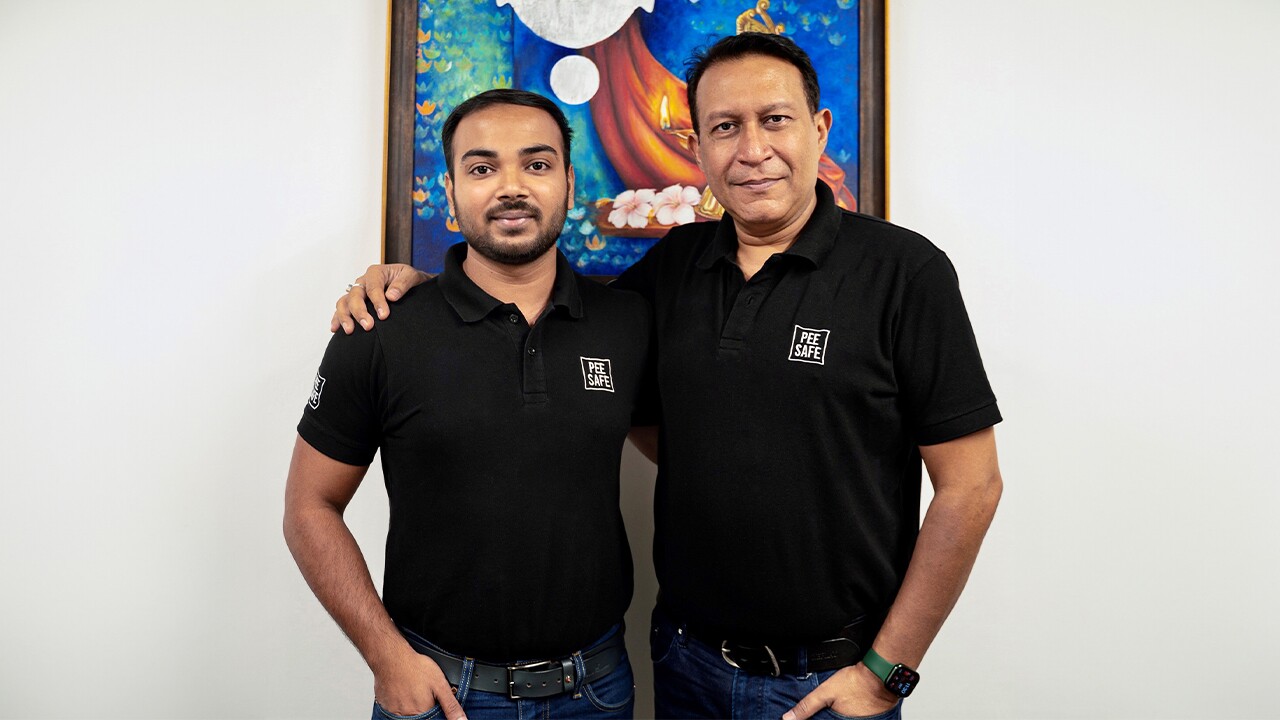
We decided to try out Propel, the Global Business Accelerator program that Amazon Global Selling runs as we had heard about it from other participating brands. Finally, last year, we were selected in a cohort of almost 50 startups.
While we knew the basics of selling on Amazon because we were partially born there, the nuances of global selling were quite different and the Amazon Global Selling team helped us learn those along with external advisors who led some of the sessions at the program.
Our team sat through almost 25-30 sessions, out of which at least 20 sessions were about topics that we had actually very little understanding of.
We learnt a lot about inventory management, account management and brand protection. Before Propel, we did not know that Amazon had a program to have fake and unauthorised sellers removed. We also used to have the same team working on Amazon.in as well as overseas markets. Post-Propel, we hired separate account managers for international operations. We export to 23 countries today and 10 of these are through Amazon.
● Understand regulatory and compliance requirements
Unless you have all required compliances on the product—both formulations as well on packaging—it will be very tough to export. Amazon has a SPN (Service Provider Network) of third-party service providers that not only help you navigate compliances but also help you set up product registrations.
● Manage your inventory well
You may believe that a product can sell really well in the US and send 10,000 units. But there’s a possibility that you struggle to sell even 100. For instance, some of our products that don't do as well in India do really well in the UK, US and Canada.
● File your taxes on time
This is a crucial part of regulatory compliance in any market you sell to. We have an Amazon SPN who does it for us as we have to file taxes in all our export markets. Each market has unique regulations so it’s very important to work with someone who knows those intricacies.
Pee Safe: the origin story
Pee Safe was launched by the husband-wife duo Vikas Bagaria and Srijana Bagaria and I joined them as co-founder. It emerged from an experience the couple had on a road trip where Srijana caught a severe UTI (urinary tract infection) and had to be hospitalised, despite staying at 5-star hotels. This experience gave birth to the idea of a toilet seat sanitiser that evaporates after use. What first started off as a pet project in 2014 at Safetykart—a company Vikas was heading—soon became a brand of its own. In 2017, we formed Redcliffe Hygiene, the parent company of Pee Safe and their first product was commercially launched.



